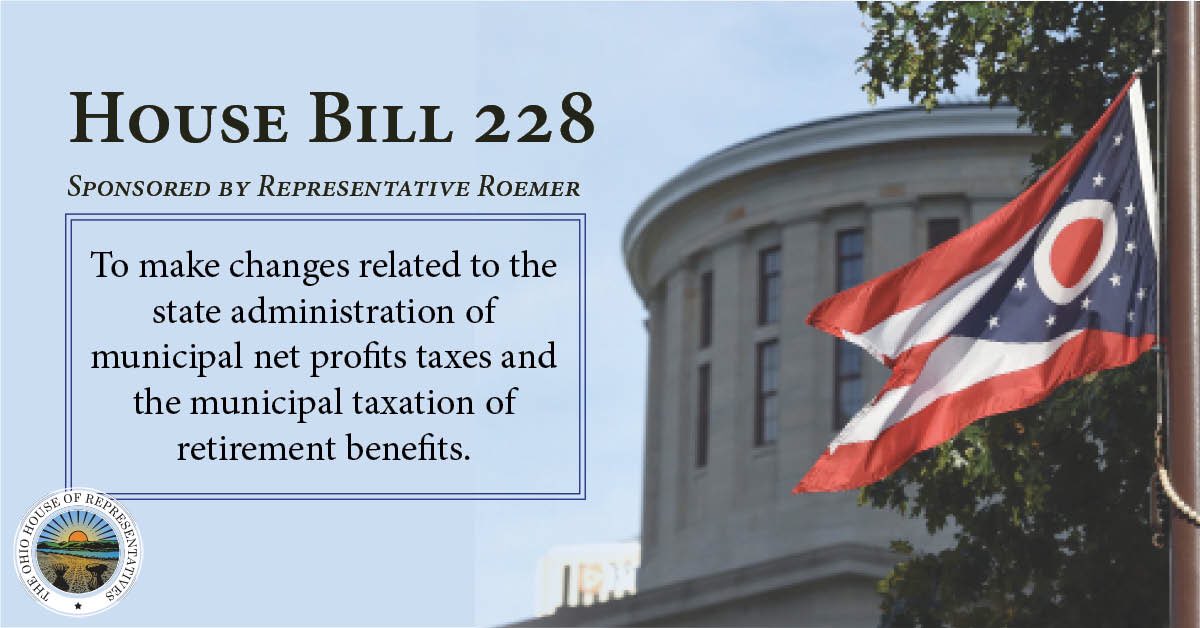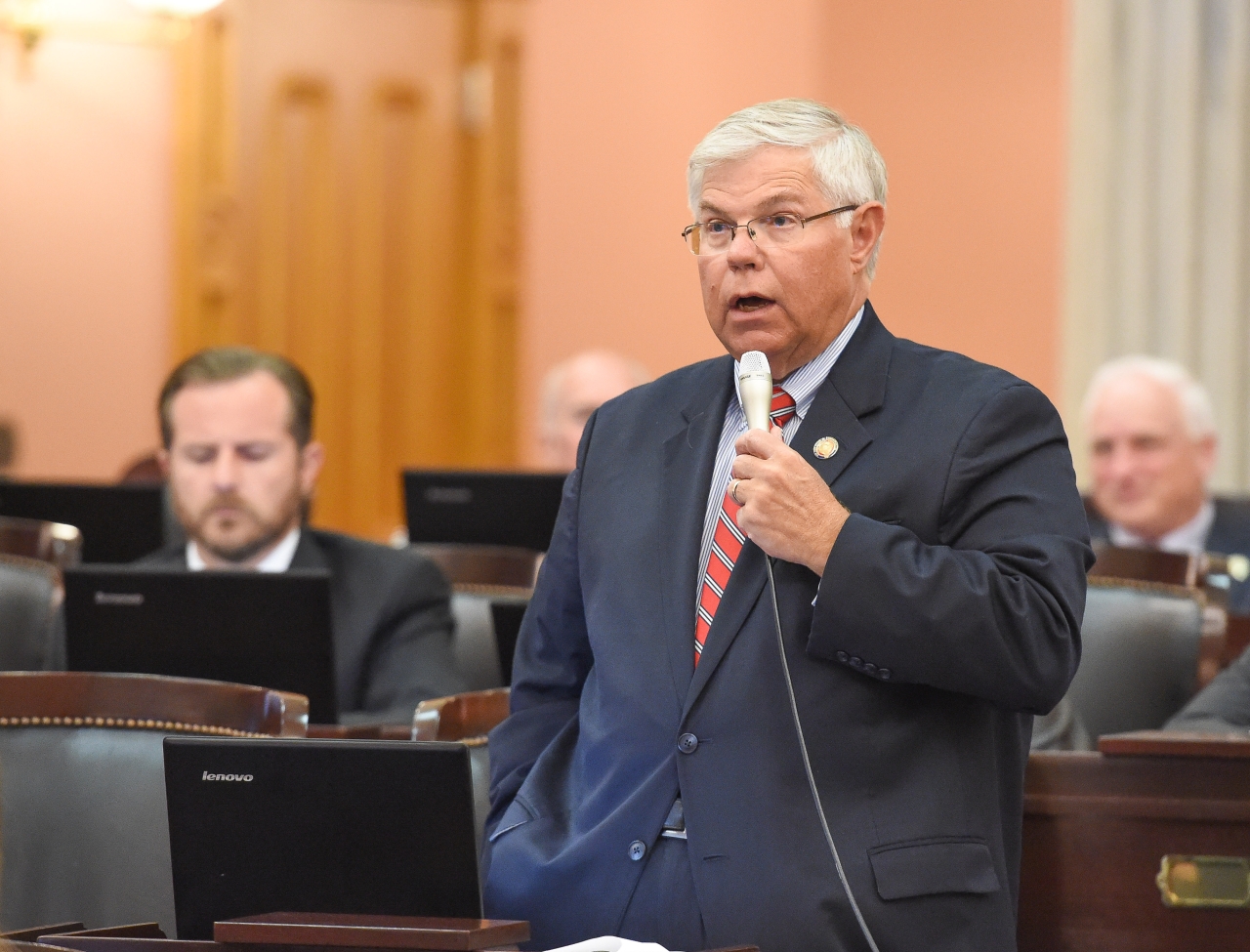Table Of Content

The changes would give those voters four days after the election to provide that information to election officials, instead of seven days. A law banning gender-affirming care for minors in Arkansas was ruled unconstitutional by a federal judge and similar laws have been blocked in Georgia, Indiana, Idaho, Texas and Montana while lawsuits are considered. A grandfather clause allows transgender people already receiving care to continue doing so.
Judge puts short-term pause on HB 68 in Ohio prior to effective date
Ohio lawmakers rushed a major overhaul of state voting laws through the waning days of their legislative session that would change how voters navigate elections. The lawsuit was filed on behalf of two families whose 12-year-old transgender daughters would lose access to gender-affirming health care. Filed by the ACLU in March, the original lawsuit seeks to block HB 68 from going into effect on schedule and at all. It is on behalf of two 12-year-old transgender Ohio girls and their families, one from Hamilton County and one from Franklin County, and argues they would lose “critical, medically necessary health care” under HB 68. “This bill strips rights away from parents and bans children’s access to evidence-based healthcare,” Antonio said in a statement after the bill passed the Senate. “Physicians need to be able to have comprehensive care discussions with patients and their families, but this bill puts them in an impossible position.
Legislation Text
Twenty-two other states have passed a law that blocks gender-affirming care, according to the Human Rights Campaign. Following his veto of House Bill 68, DeWine directed several agencies to develop administrative rules. He said some of the rules and protections he is putting in place go well beyond what is in HB 68. "I truly believe that we can address a number of goals in House Bill 68 by administrative rules that will have likely a better chance of surviving judicial review and being adopted," DeWine said.
WBNS would like to send you push notifications about the latest news and weather.
“The important part is protecting children and making sure parents know what’s going on,” he said. Gender-affirming care is supported by every major medical organization in the United States. Children’s hospitals across Ohio, the Ohio Children’s Hospital Association and the Ohio Academy of Family Physicians all oppose HB 68. “We await a final bill to review before offering formal comment,” DeWine’s press secretary Dan Tierney said in an email Wednesday afternoon. Transgender youth are more likely to experience anxiety, depressed mood and suicidal ideation and suicide attempts due to discrimination and gender dysphoria, according to the Centers for Disease Control and Prevention.
Ohio House votes in favor of overriding DeWine's veto of gender-affirming care ban
For a transgender male to participate in sports, he currently must demonstrate that his muscle mass developed as a result of testosterone treatment and does not exceed muscle mass typical of adolescent genetic males. House Bill 6 — which prevents trans athletes from participating in Ohio women’s sports — was rolled into HB 68 back in June. The would prevent men and boys from playing on women’s sports teams, but everyone would still be able to play on co-ed teams.
She knows many transgender kids who are happier when they receive gender affirmation or care. “HB 68 will cause people to leave Ohio and no one should be forced from their home for any reason, but especially not because of extreme laws undermining their freedom and safety,” Adkison said. LGBTQ+ advocates who oppose HB 68 had a press conference Wednesday morning to speak out against HB 68 — arguing families shouldn’t have to decide whether it’s safe to stay in Ohio.

“The sad truth is that the plaintiffs will also suffer immediate, very palpable harms,” she said in court Friday. “Sadly, HB 68 and other bills targeting trans and non-conforming youth take this peace, comfort and joy up the chimney like the Grinch stealing the Christmas tree,” Bates said. Evangelical Lutheran deacon Nick Bates and father of a 13-year-old nonbinary child said bills like HB 68 force trans children and adults back into hiding.

He took a moment to speak directly to transgender people during the Senate session. Gender-affirming surgery for minors is not common, with less than 3,700 performed in the United States on patients ages 12 to 18 from 2016 through 2019, according to a study published in August in JAMA Network Open. It’s unclear how many of those patients were 18 when they underwent those surgeries.
If a trans girl wants to play on a team with cisgender girls in Ohio, she must go through hormone treatments for at least one year or show no physical or physiological advantages, according to the Ohio High School Athletic Association. There were only six transgender high school female student athletes in Ohio, the Capital Journal previously reported in the spring. The Ohio Senate passed House Bill 68 in a 24-8 vote Wednesday afternoon and the Ohio House concurred with the Senate amendments in a vote Wednesday night. DeWine said previously that even if the Legislature would choose to override the veto, his administration will continue to pursue the rules and that he is working with his legal team to ensure that his administration can implement them. When asked if he had thoughts on the sports restrictions in the bill, DeWine said he "focused on the part of the bill that I thought affected the most people and the most children by far," referring to the gender-affirming care portion of the bill.
Transgender advocates, DeWine respond to Ohio House overriding governor's veto of House Bill 68 • Ohio Capital ... - Ohio Capital Journal
Transgender advocates, DeWine respond to Ohio House overriding governor's veto of House Bill 68 • Ohio Capital ....
Posted: Fri, 12 Jan 2024 08:00:00 GMT [source]
In those cases, voters could cast ballots in their car or at the door of their polling location. The bill, first unveiled by Senate Republicans last week, cleared the House and Senate amid the Legislature's busy lame-duck session. Proponents say the bill would restore trust in elections, but critics contend it's a solution in search of a problem that would ultimately disenfranchise voters. Yost argues in his 36-page motion that Holbrook’s injunction is illegal since it applies to the whole state, not just the two plaintiffs. But Clark argued the bill, in its entirety, addresses trans youth issues. Clark said the court proceedings should play out normally so the state can make its full case for why the new law is necessary.
Additionally, the departments must also collect data submitted by providers on gender dysphoria and subsequent treatment, and his plan calls for the agencies to inform lawmakers, policy makers and the public. The proposal would mandate a team for transgender individuals seeking gender-affirming care that would consist of, at a minimum, an endocrinologist, a bioethicist and a psychiatrist. "The decisions that parents are making are not easy decisions," DeWine said in the Dec. 29 press conference. One of the biggest provisions requires voters to present a photo ID when they cast ballots in-person. That could be an Ohio driver's license, state ID, U.S. passport, passport card, military ID or interim identification issued by the Bureau of Motor Vehicles. We will fight vigorously to defend this properly enacted statute, which protects our children from irrevocable adult decisions,” he wrote.
Boards of elections have until eight days after the election to determine what provisional ballots can be counted. Right now, voters can use alternative forms of identification at the polls, such as utility bills or bank statements. “One judge from one county does not have more power than the governor’s veto pen,” Yost said in a statement. DeWine also proposed reporting and data collection on those who receive care to better monitor quality of care, as well as implementing restrictions on "pop-up clinics" that serve the transgender community. "None of [the families] that I talked to talked about surgery," said DeWine in a Dec. 29 statement. "That's not where they were going in the discussion. And I think that's, frankly, a fallacy that's out there that, you know, this goes right to surgery. It just doesn't. All the children's hospitals say that we don't do surgeries."

No comments:
Post a Comment